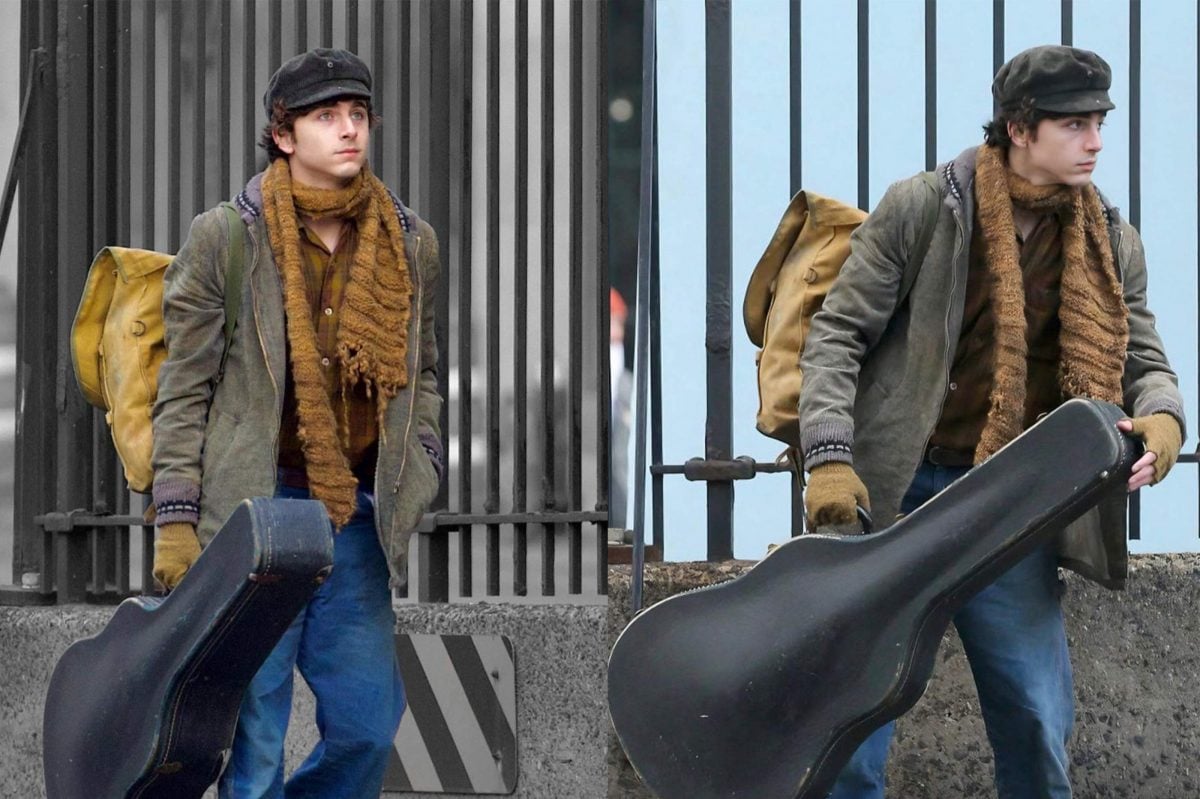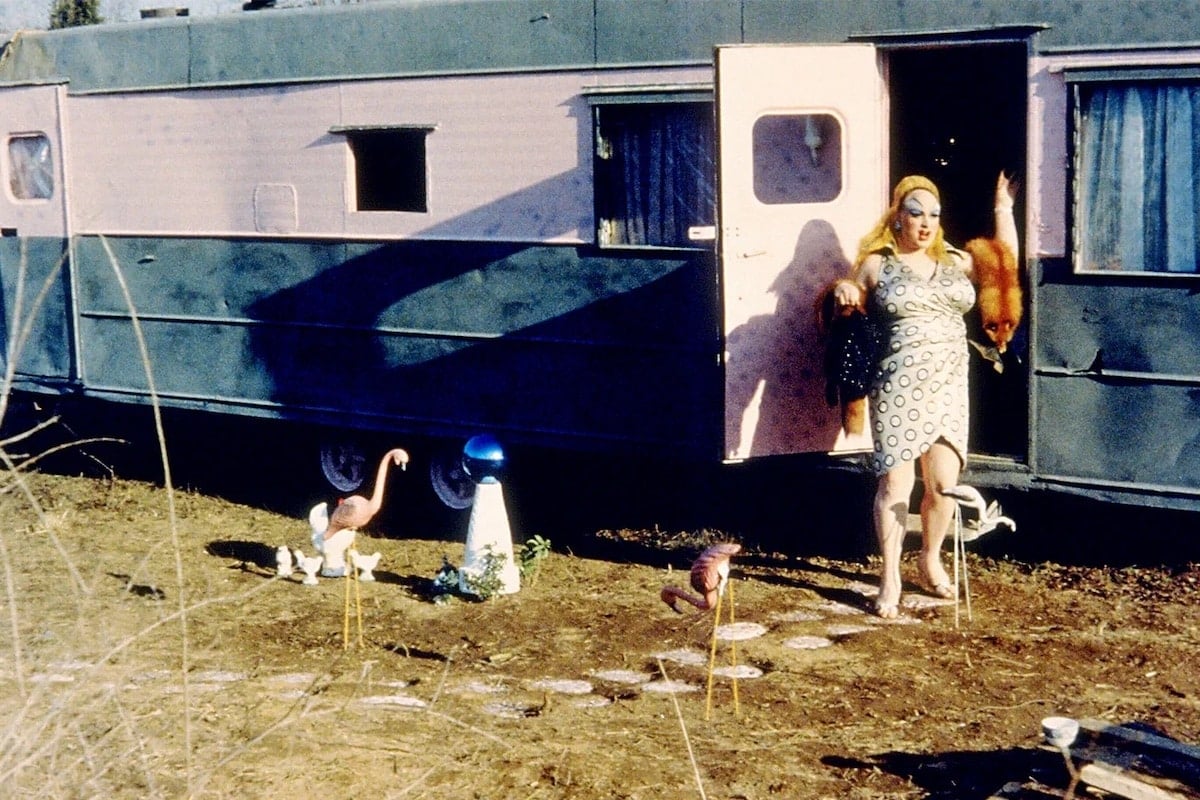
Monday morning was the most surreal living in Los Angeles has felt to me thus far (beating out ordering my morning coffee alongside Ellen Pompeo last week). Standing in the middle of hoards of fans on Hollywood Boulevard, I watched as filmmaker, writer, actor, and artist John Waters was honoured with a star on the Walk of Fame.
Perfectly positioned directly outside of the film-focused Larry Edmunds bookshop that Waters visits almost every time he’s in the city, and opposite Hollywood institution Musso & Frank, Waters’ star was unveiled with speeches given by the man himself (“Well, here I am, closer to the gutter than ever,” he began) and friends and longtime collaborators Riki Lake and Mink Stole, as well as photographer Greg Gorman.
The star has been a long time coming for Waters, whose 16 films, all of which were set in his hometown of Baltimore, Maryland – two cinemas there live-streamed the Walk of Fame ceremony – have made him an icon of bad taste, one who is being honoured at the Academy Museum in L.A. currently with the newly opened exhibition John Waters: Pope of Trash.
Below, in honour of Waters’ star and exhibition and in order of release, are five Waters films you must add to your repertoire.
Pink Flamingos (1972)
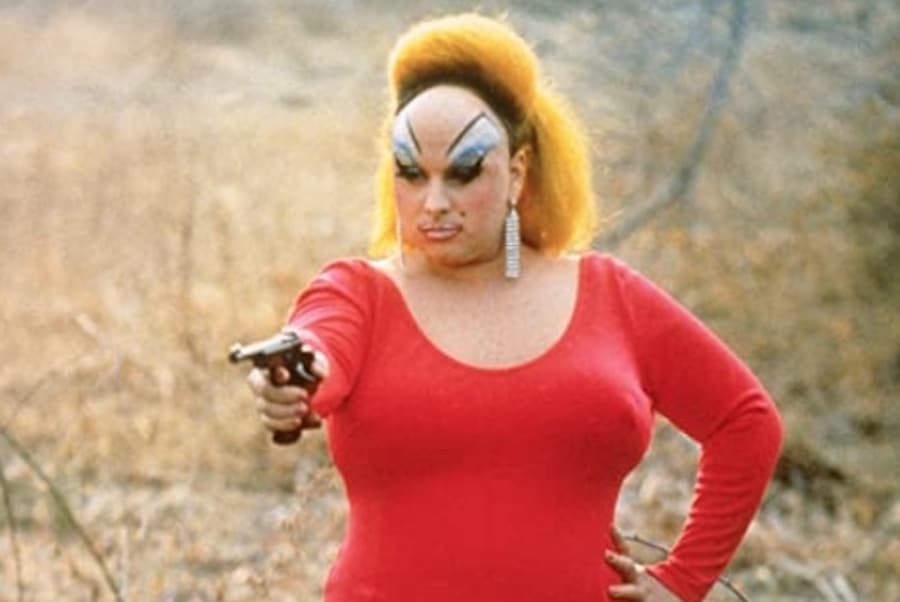
When Waters released his now cult classic in 1972, it took a while to find its audience, due in part to its content being so outrageous for the time that it was only widely distributed a decade later. Starring Waters’ childhood friend and muse, drag queen Divine, the film follows a countercultural drag queen competing against another group of social outcasts for the title of “Filthiest People Alive.” The legacy that Pink Flamingos has left had Variety reassessing the film in 2022 from its original review of “vile, stupid and repulsive” the year of its release to “one of the greatest movies of all time".
Female Trouble (1974)
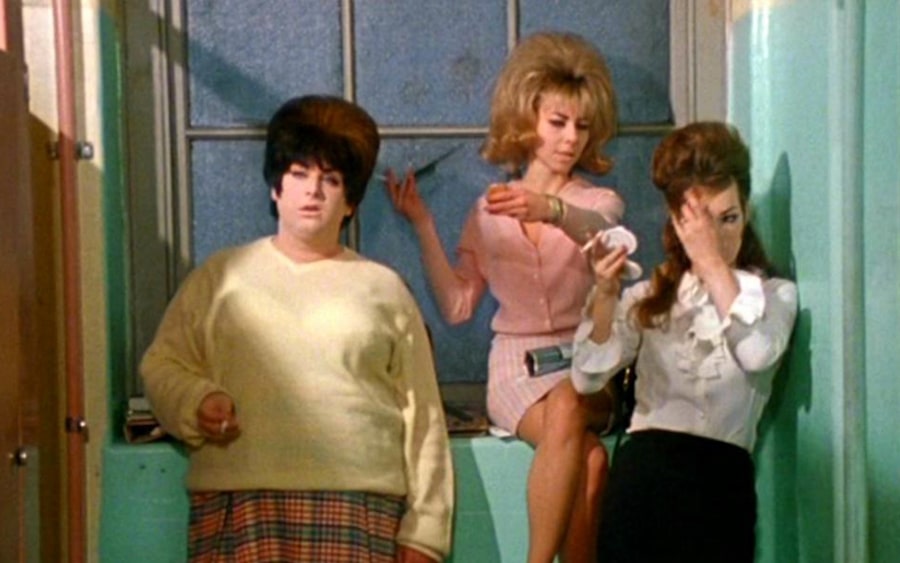
Female Trouble, once again starring Divine, chronicles the life of Dawn Davenport, a spoiled, delinquent high-school student who runs away from home when her parents refuse to buy her the shoes she asked for Christmas because "nice girls don't wear cha-cha heels." Dawn gets pregnant while hitchhiking and begins to live a life of depravity in the pursuit of beauty and fame.
Polyester (1981)
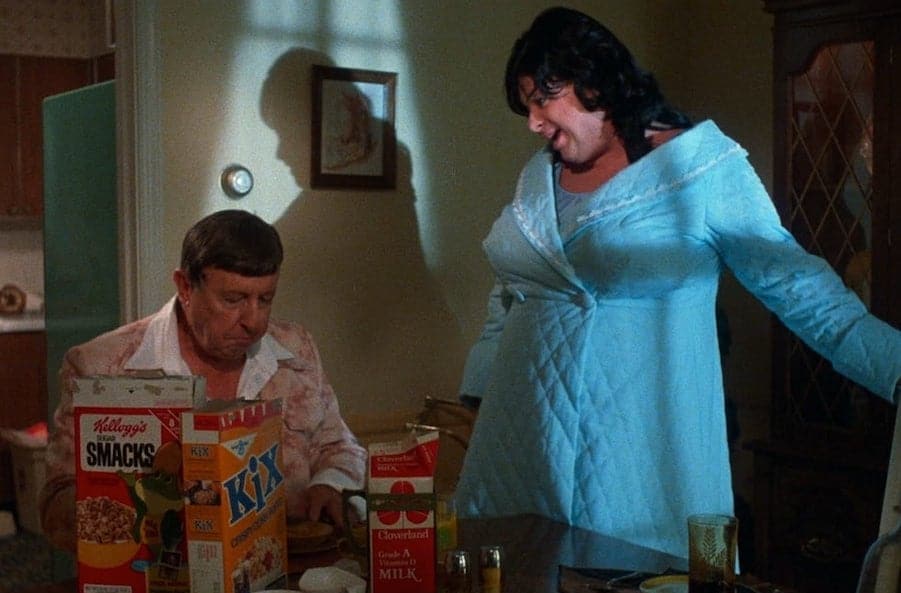
In Polyester, Divine (yes, she's back!) plays Francine Fishpaw, a housewife who wants nothing more than to keep a respectable suburban home but whose life falls apart when her husband admits to cheating, daughter gets pregnant and son is suspected of being a foot-fetishist. But after a meeting with hunky Todd Tomorrow, played by ’50s heartthrob Tab Hunter, Francine's troubles begin to turn around.
Hairspray (1988)
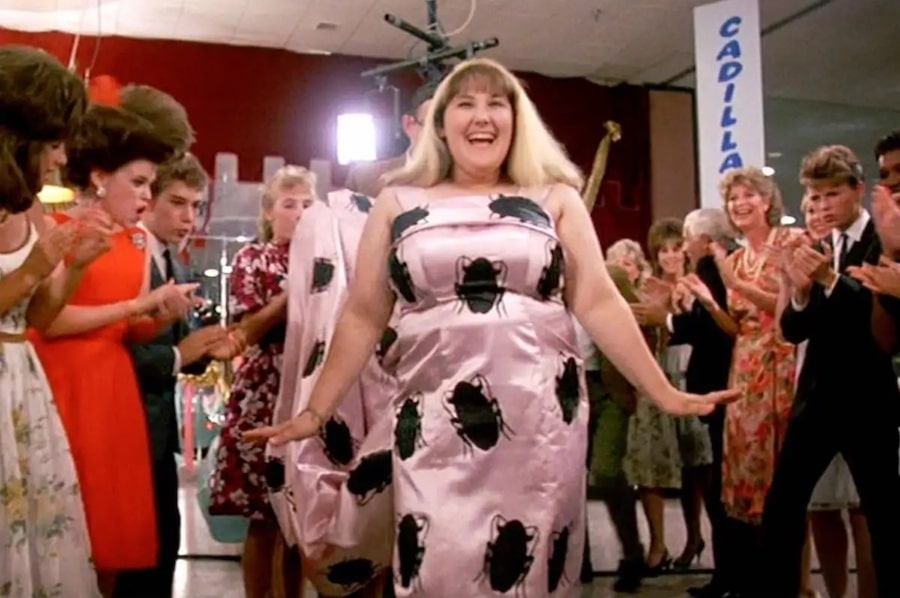
Set in 1962, two years before the Civil Rights Act, Hairspray follows Tracy Turnblad (Ricki Lake), a “pleasantly plump” teenager, who attempts to racially integrate a local teen dance program, The Corny Collins Show. Considered Waters’s most commercially successful film, Hairspray was nominated for a slew of awards, including the Grand Jury Prize at the 1988 Sundance Film Festival, and, in 2002, was adapted into a hit Broadway musical, winning eight Tony Awards. Hairspray was Divine’s last role with Dreamland (Waters production company). She passed away shortly after the film’s premiere at the age of 42. Waters later said she was “the most beautiful woman in the world, almost.”
Cry Baby (1990)
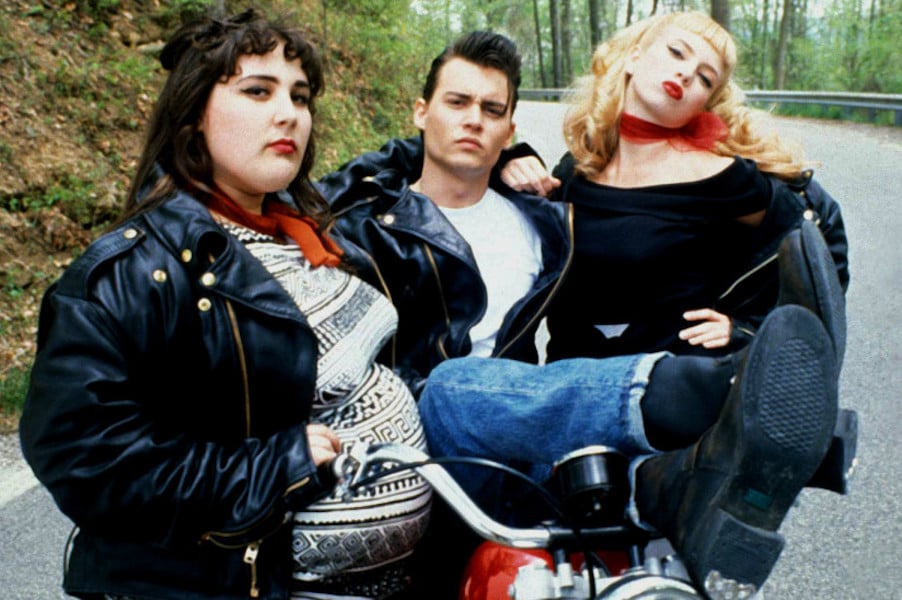
Following the success of Hairspray, finally, studios understood Waters’ worth and the first bidding war ensued for his next project, Cry Baby. Set in 1950s Baltimore, the high-school teen musical romantic comedy stars a young Johnny Depp as Cry Baby, the town’s bad boy and leader of a group of delinquent youth who refer to themselves as ‘Drapes.’ When Cry Baby falls in love with a ‘Square’, Allison, chaos ensues in the town. Lake is back, playing Cry Baby's pregnant teen sister, and also in the film is Iggy Pop, Amy Locane, Polly Bergen and Susan Tyrrell. At the time of its release, Cry Baby was a box office flop, but has since – as is Waters’ tradition – gone on to become an icon of camp cinema.



